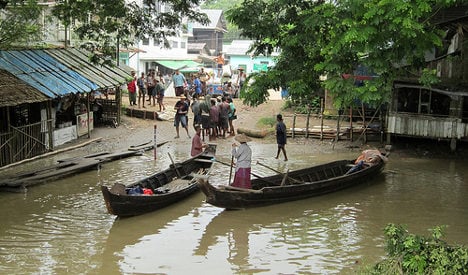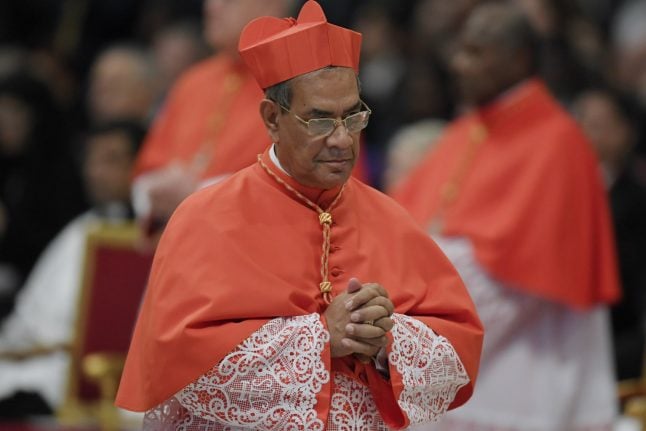The company has increased its consumer base in Asia, with five million news subscribers in the second quarter bumping profits after what CEO Jon Fredrik Baksaas called a "slow start" to the year.
Thai consumers make up the bulwark of the increase, but Telenor now has its sights set on neighbouring Myanmar, where Telenor and Ooredoo were awarded the country's national mobile telephone licences on June 27th this year. But, as Norwegian media has noted, the authoritarian system in Myanmar is considered one of the world's most corrupt, posing potential operational challenges that Baksaas refused to comment on when he met the press on Tuesday.
"First and foremost we're waiting for the telecom regulations that will determine the regulatory framework we will be working within," Baksaas told the NTB news agency.
While the law reform is in the hands of the Myanmar parliament, a population of 60 million without access to modern telecoms awaits the Norwegians' problem-solving skills.
"I know that many have been worried, but we'll put our experience to use to solve what other people call concerns," Baksaas concluded.



 Please whitelist us to continue reading.
Please whitelist us to continue reading.
Member comments